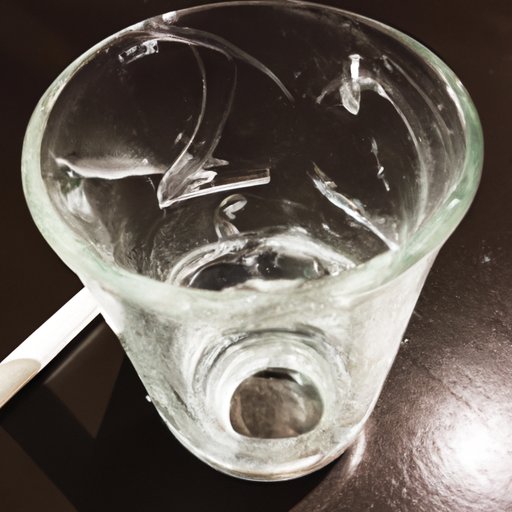Introduction
Raw eggs have become increasingly popular in recent years, with people consuming them for their nutritional benefits and as an ingredient in recipes such as smoothies and salad dressings. While there are potential health benefits associated with eating raw eggs, it is important to know how to eat them safely in order to avoid any potential health risks. This article will provide an overview of the steps to take when consuming a raw egg in order to ensure it is done safely.
Purchase Eggs from Reputable Source
The first step when it comes to eating raw eggs safely is to make sure they are purchased from a reputable source. It has been found that store-bought eggs are less likely to contain salmonella than eggs from backyard chickens (1). When purchasing eggs, it is important to look for ones that are refrigerated, free range, and organic if possible. It is also important to check the expiration date on the carton to make sure the eggs are still safe to consume.
When selecting individual eggs, it is also important to check for any signs of spoilage. The USDA recommends checking for any discoloration or unusual odors and textures before purchasing (2). If any of these signs are present, it is best to discard the egg and choose another one.
Wash Hands Thoroughly
Once you have purchased the eggs, it is important to wash your hands thoroughly before handling them. The Centers for Disease Control and Prevention (CDC) recommends washing your hands for at least 20 seconds with soap and warm water (3). It is also important to dry your hands with a clean towel in order to reduce the risk of cross-contamination.

Crack into Small Bowl or Cup
When it is time to crack the egg, it is best to do so into a small bowl or cup. This will help to reduce the risk of bacteria spreading from the shell to the egg itself. Once the egg is cracked, it is important to discard the shell immediately and not to leave it lying around.
Inspect Egg for Discoloration, Odors, or Unusual Textures
Once the egg has been cracked, it is important to inspect it for any signs of spoilage. These can include discoloration, unusual odors, or unusual textures. If any of these signs are present, it is best to discard the egg and choose another one.
Consume the Egg Quickly
Once the egg has been inspected and deemed safe to consume, it is important to do so quickly. Raw eggs can contain bacteria such as salmonella, which can cause food poisoning if consumed. Therefore, it is best to consume the egg as soon as possible in order to reduce the risk of food-borne illness.

Drink Plenty of Fluids After Consuming
After consuming the raw egg, it is important to drink plenty of fluids. Drinking fluids helps to flush out any bacteria that may have been ingested. The CDC recommends drinking at least 8 ounces of fluids after eating a raw egg (4). It is also important to avoid drinking milk or other dairy products after consuming a raw egg, as this can increase the risk of food-borne illness.
Conclusion
Eating raw eggs can be a nutritious and tasty way to get protein, but it is important to do so safely. By following the steps outlined in this article, you can ensure that you are eating raw eggs safely. This includes purchasing eggs from a reputable source, washing your hands thoroughly, cracking the egg into a bowl or cup, inspecting the egg for spoilage, consuming it quickly, and drinking plenty of fluids afterwards. By taking these precautions, you can enjoy the benefits of eating raw eggs without worrying about potential food-borne illnesses.
(Note: Is this article not meeting your expectations? Do you have knowledge or insights to share? Unlock new opportunities and expand your reach by joining our authors team. Click Registration to join us and share your expertise with our readers.)
